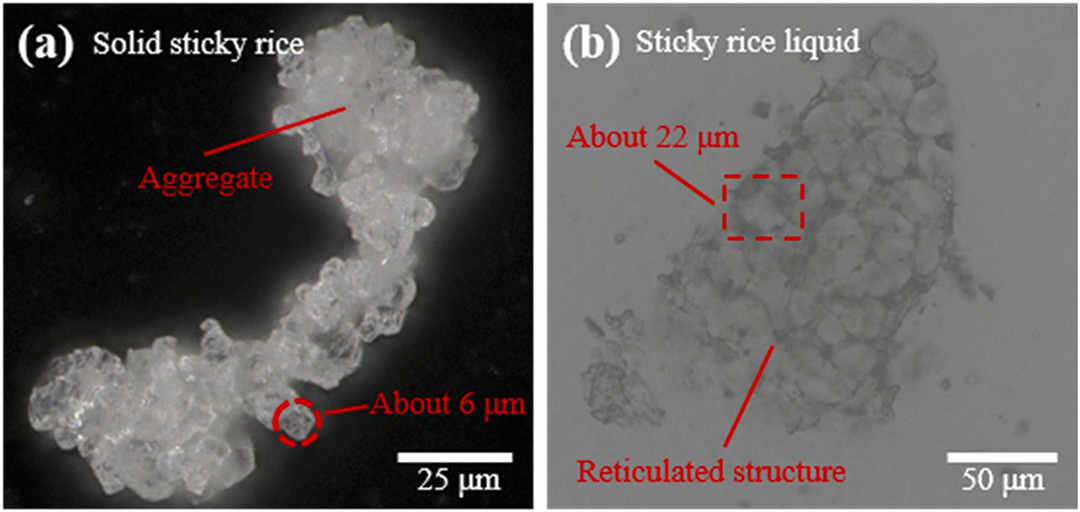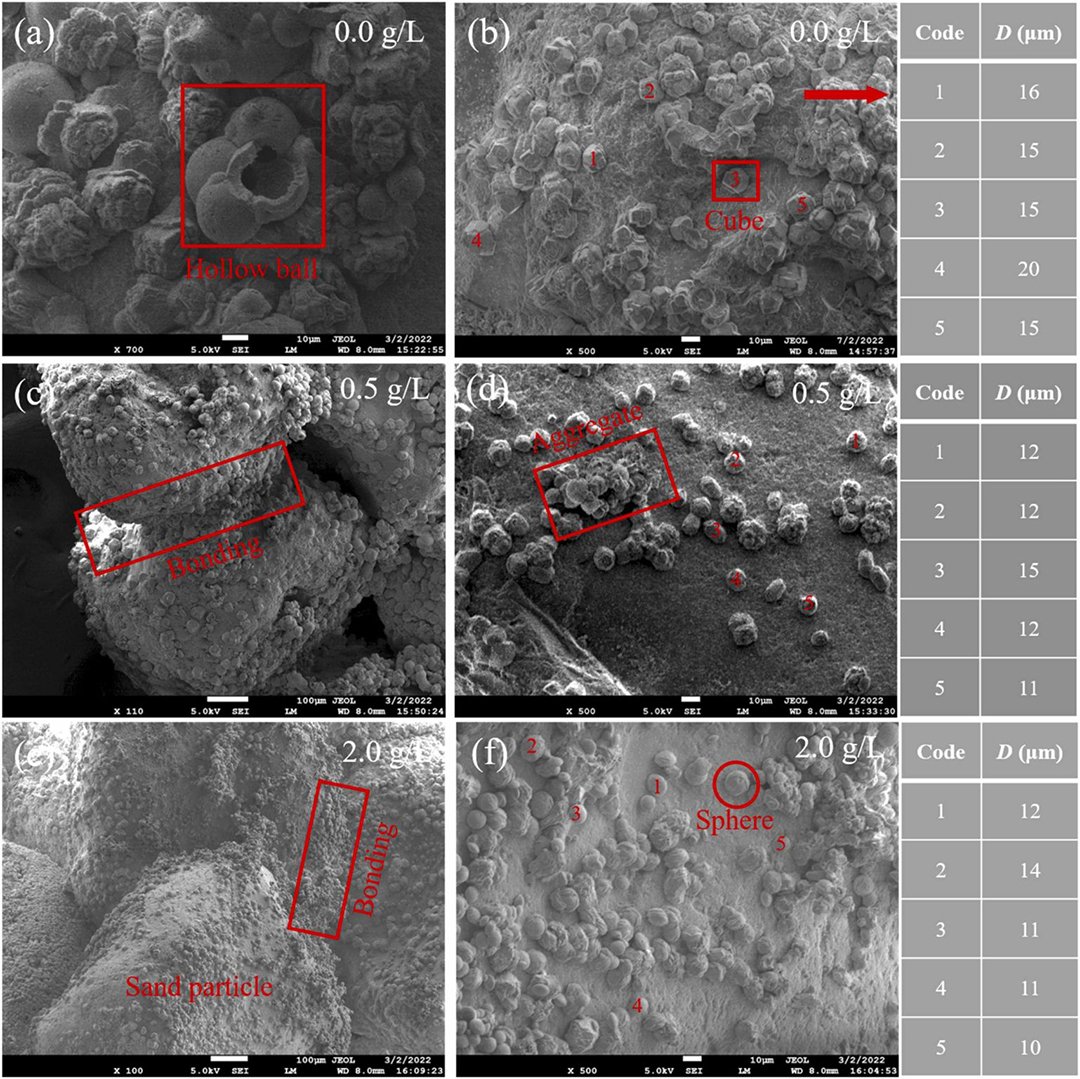Innovative Use of Sticky Rice in Bio-Cementation for Soil Improvement

Microbially induced carbonate precipitation (MICP) is a sustainable and eco-friendly soil enhancement technique. Despite its benefits, the method has some limitations, such as low calcium carbonate (CaCO3) crystallization efficiency, insufficient strength for certain uses, and the need for multiple treatments. Recent studies suggest that sticky rice can regulate CaCO3 crystals in sticky rice-lime mortar, offering potential for improving bio-cementation.

In this study, researchers from NTU's School of Civil and Environmental Engineering (CEE) - Professor Chu Jian, Zhang Zheng, Wang Wenhao and Wu Shifan and Southwest University Chongqing's Zhang Qiyong explored the use of sticky rice to boost MICP's effectiveness. Tests on bio-cemented sand, with sticky rice as an additive, revealed promising results. Sticky rice was found to influence the type and size of bio-CaCO3 crystals, significantly increasing the strength of sand columns by regulating crystallization. Polyhedral calcite crystals appeared more beneficial for strength than vaterite structures.

Furthermore, combining MICP with sticky rice drastically reduced the permeability of sand columns compared to using MICP or sticky rice alone. The sticky rice created a reticulated structure that reduced large pores, leading to improved sealing. This approach shows potential for enhancing MICP efficiency and preventing surface erosion in coarse-grained sand slopes.
More information can be found here.







